MEED’s AQN Data Presented at ‘Clean Air for Blue Skies’ Event
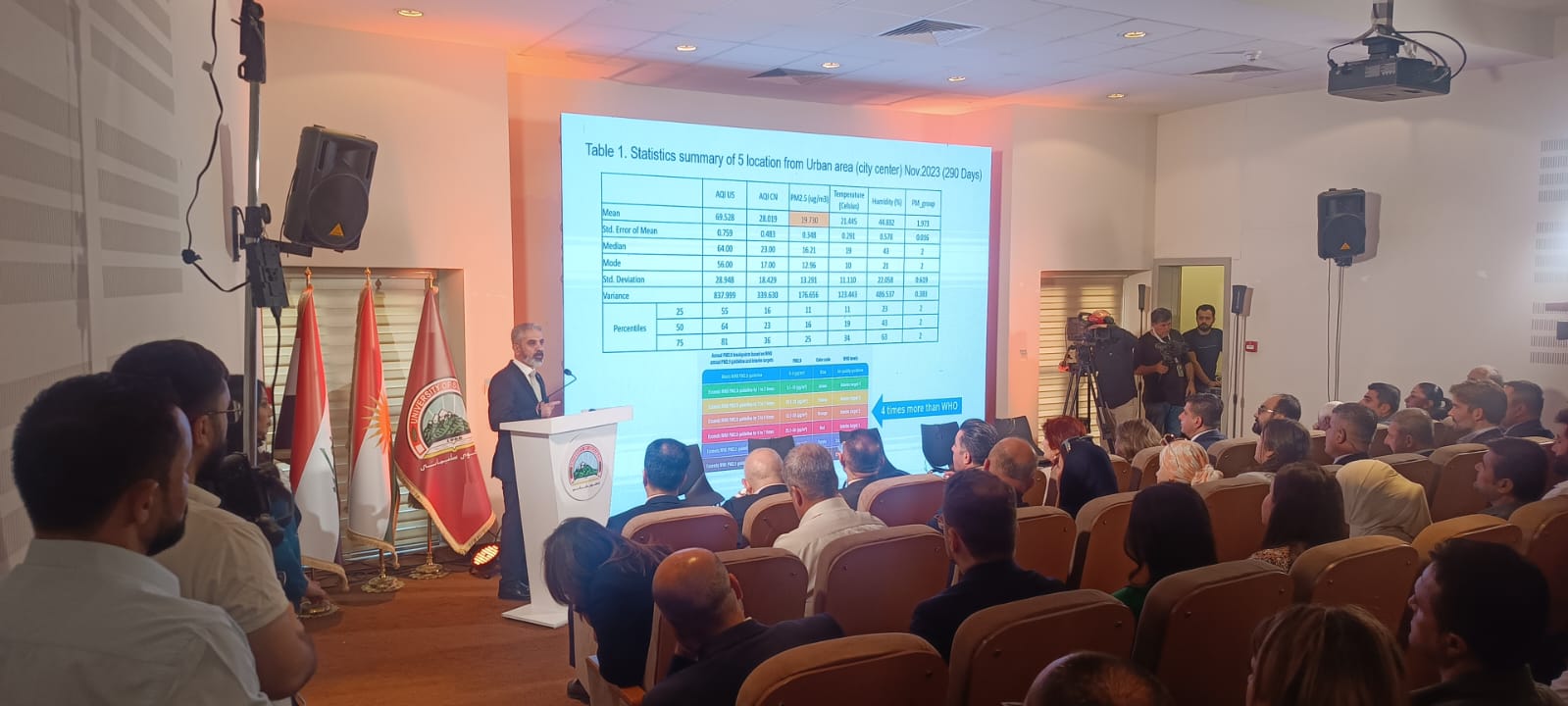
8 September 2024
Under the supervision of the First Lady of Iraq, Ms Shanaz Ibrahim Ahmed, the "Clean Air for Blue Skies" event was held at the University of Sulaimani.
The event, a collaboration between the College of Environmental Sciences and MEED Foundation with sponsorship from Kurdsat Media, brought together an esteemed audience of academics, government officials, environmental NGOs, the Mayor of Sulaymaniyah, and the Director of Sulaymaniyah Tourism. It focused on the pressing issue of climate change and, more specifically, air pollution.
Therefore, this year's event serves as an announcement of investment in clean air and highlights the importance of support and collaboration to combat air pollution, as it is a global issue with severe long-term impacts. The event also emphasizes the necessity of cross-border cooperation and multisectoral opportunities to reduce air pollution and its lasting effects on health and the economy. Additionally, for the first time in Iraq and the Kurdistan Region, the event spotlights the scientific analysis of the air quality network for the city of Sulaymaniyah—a groundbreaking initiative in the region.
Dr. Kosar Mohammed Ali, President of the University of Sulaimani, delivered a speech welcoming the guests and expressing pride in the academic community’s awareness of environmental health. He emphasized the seriousness of environmental pollution, which not only impacts us in the long term but has also become a global issue discussed at conferences, seminars, and by international NGOs calling for action. Dr. Kosar highlighted the importance of collective efforts for a healthier environment, particularly clean air in Sulaymaniyah, and highlighted numerous factors contribute to pollution today, making awareness and action even more crucial. At the end of his speech, he emphasized that addressing environmental issues is not just the responsibility of government officials, departments, or NGOs, but every individual must take responsibility for the environment.
Dr. Emad Omer, Dean of the College of Environmental Sciences at the University of Sulaimani, hosted a seminar to welcome guests and proudly announce a collaboration with MEED Foundation on the Air Quality Network (AQN) in Sulaymaniyah. He highlighted the critical issue of air pollution, revealing that Iraq ranks among the top 10 most polluted countries in the world, placing 6th in the 2023 report, also explained how air quality is measured globally in six categories according to WHO and EPA standards. While Iraq previously had only one monitoring station in Baghdad, the AQN now includes 30 sensors in Sulaymaniyah, Halabja, and Kirkuk, thanks to MEED Foundation and its partners, iQ Group and Civil Development Organization. Dr. Emad provided an in-depth scientific analysis of the AQN data, explaining its significance to the audience and raising awareness about the air quality situation.
Following Dr. Emad Omer’s seminar, a panel moderated by Ms. Razan Omer, an expert in soil and environmental sciences from the College of Environmental Sciences, welcomed four distinguished guests who shared their insights on air pollution and environmental challenges.
Dr. Rawand Kamaran, an ENT surgeon and member of the World Medical Summit 2021, discussed the health impacts of air pollution, highlighting its role in causing serious diseases and even death. He also shared recent research linking air pollution to autism and emphasized its dangers both globally and regionally.
Mr. Amanj Yarwaessi, Founder and Board Director of MEED Foundation, highlighted the organisation’s mission and vision during a discussion about their pioneering work in data collection. To address this gap Mr. Amanj emphasized that Iraq, and particularly Kurdistan, lacks accessible and updated data, which inspired MEED to launch a data revolution. Regarding the Air Quality Network (AQN), the inspiration came from a similar project in London a few years ago, where sensors were installed to monitor air quality effectively. If it can be done there, we are confident it can be done here as well. This idea led to the launch of the AQN project, and our vision for the future is to expand this network to other cities, including Erbil, Duhok, Baghdad, and Basrah.
Dr. Rozhan Faraidoon, Head of the Department of Environmental Management and a pollution expert expressed her gratitude to the MEED Foundation for providing air quality network (AQN) data, as it allows for scientific analysis of air pollution. She highlighted two key factors contributing to pollution in Sulaymaniyah: the air quality in the north is better than the south, mainly due to the higher load in the southern region, and the southern part has fewer green zones, which worsens pollution. Additionally, the city's geography, wind patterns, and human activities contribute to the problem. To reduce pollution, she suggested establishing multiple centres for monitoring and expanding green areas, especially forests in the south, as well as promoting renewable energy systems like solar power and wind utilization.
En. Heshw Nasiradeen, Representative of Planning Directorate in Sulaimani Province, Chairman of Renewable Energy Committee in Sulaimani Province and Member of Renewable Energy Board Center in Sulaimani University. Since 2014, Sulaymaniyah Province's Planning Department has been actively working on environmental initiatives, including expanding green zones, planting more trees, and promoting recycling.
They are also focusing on renewable energy production, inspired by global efforts. When we talk about renewable energy, it specifically involves generating electricity using solar power. This approach has two main benefits: first, it provides a sustainable electricity source; second, it reduces CO2 emissions, helping to protect the environment.
By installing solar panels, sunlight is converted into renewable energy, reducing reliance on traditional electricity generators, which are significant contributors to CO2 emissions. This shift aims to create a greener and cleaner future for all. She also highlighted the environmental impact of the large number of vehicles in Sulaymaniyah and outlined plans to work with relevant departments to address this issue. Additionally, she urged investors to adopt solar energy and eco-friendly practices in their projects.
Gallery
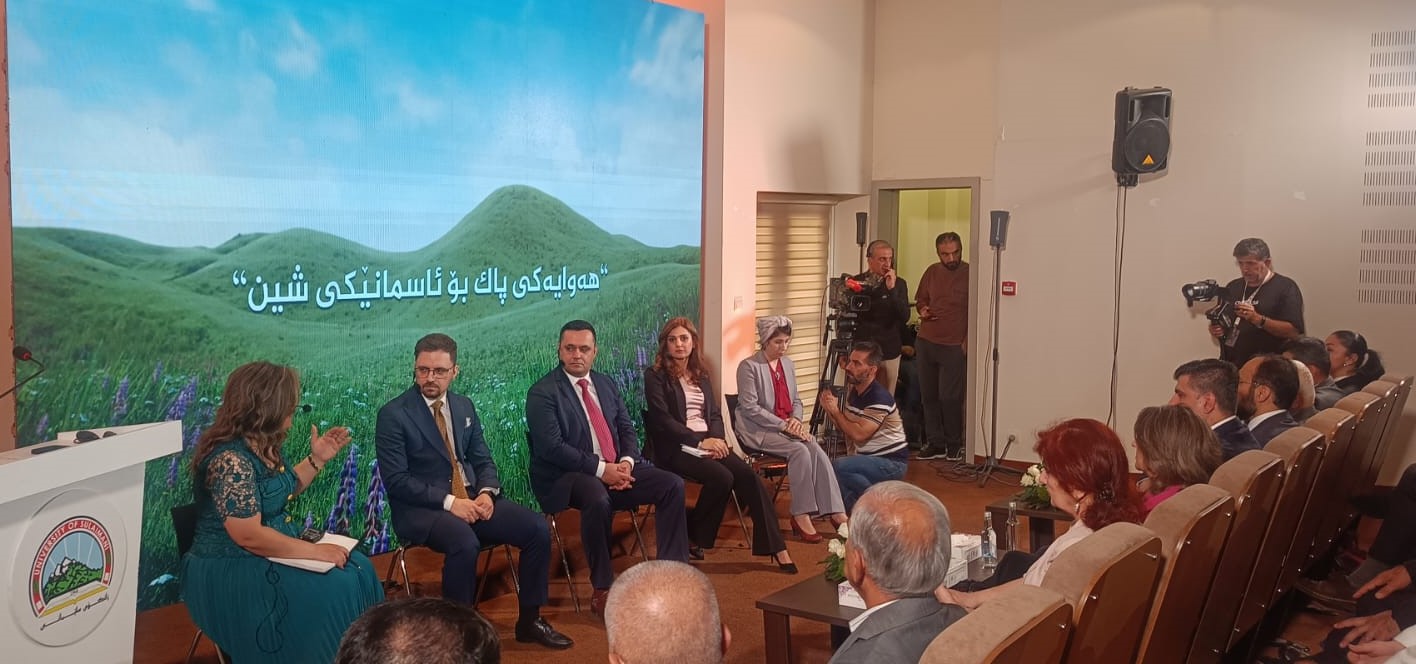
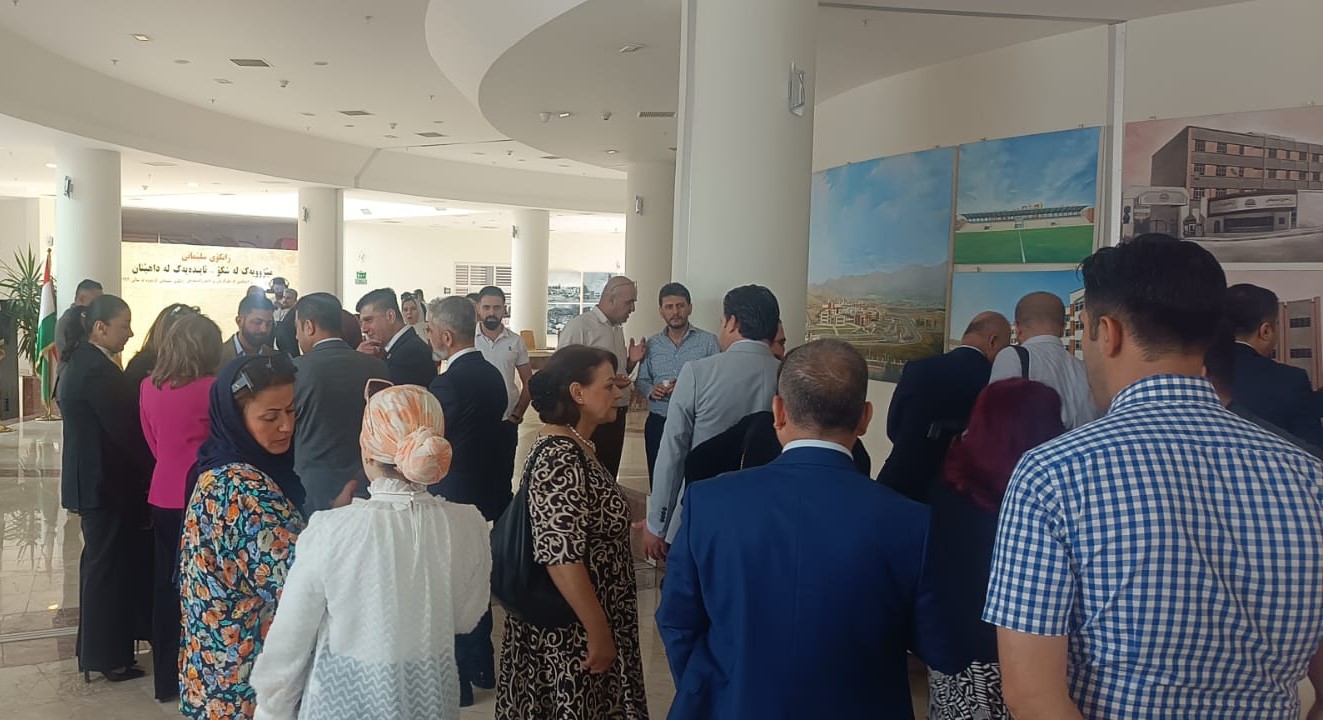
Related News
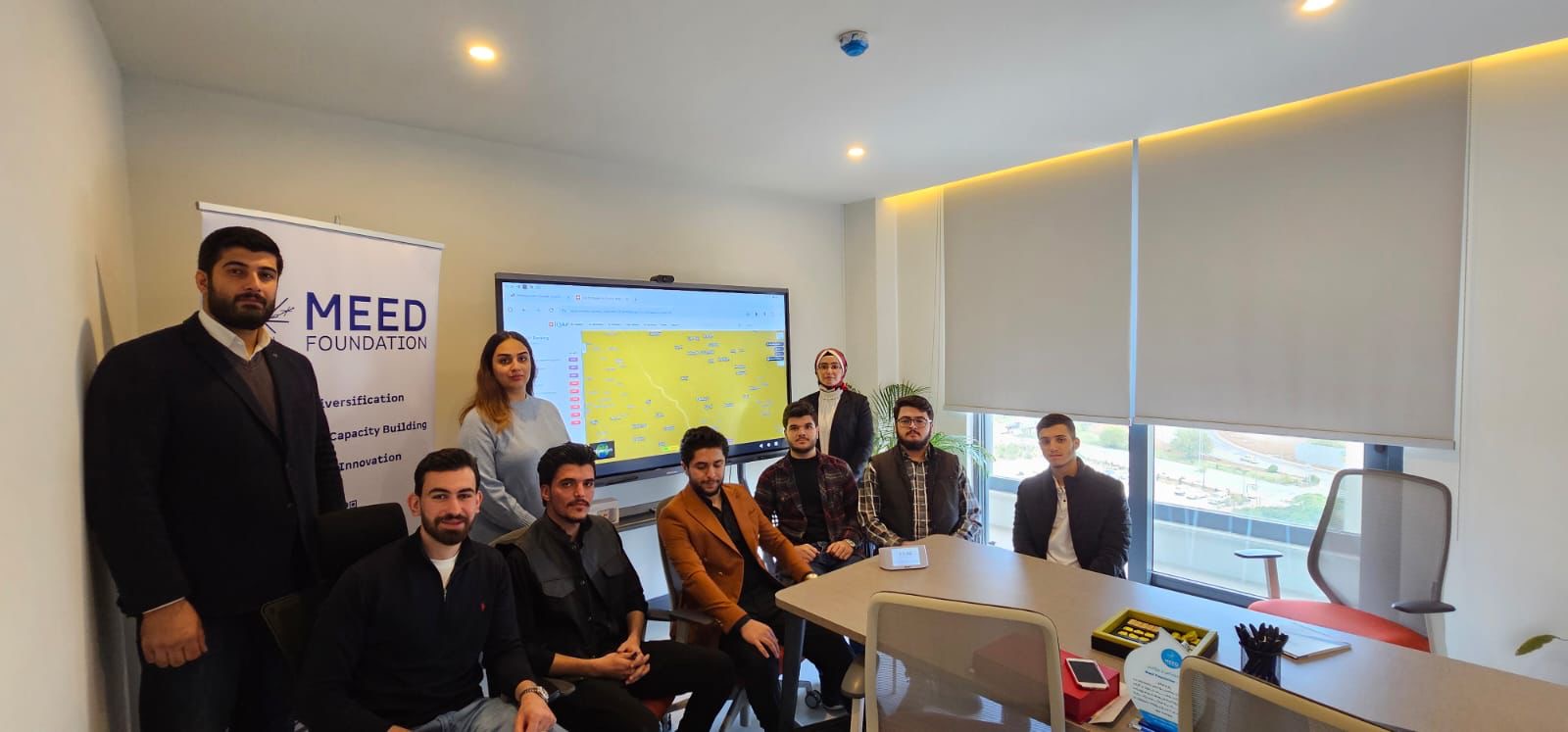
Runaki Institute Students use MEED’s AQN Data
Runaki Institute Teachers & Students Visit MEED Foundation to Seek Essential AQN Data for Capstone Project, Advancing Academic and Regional Development.
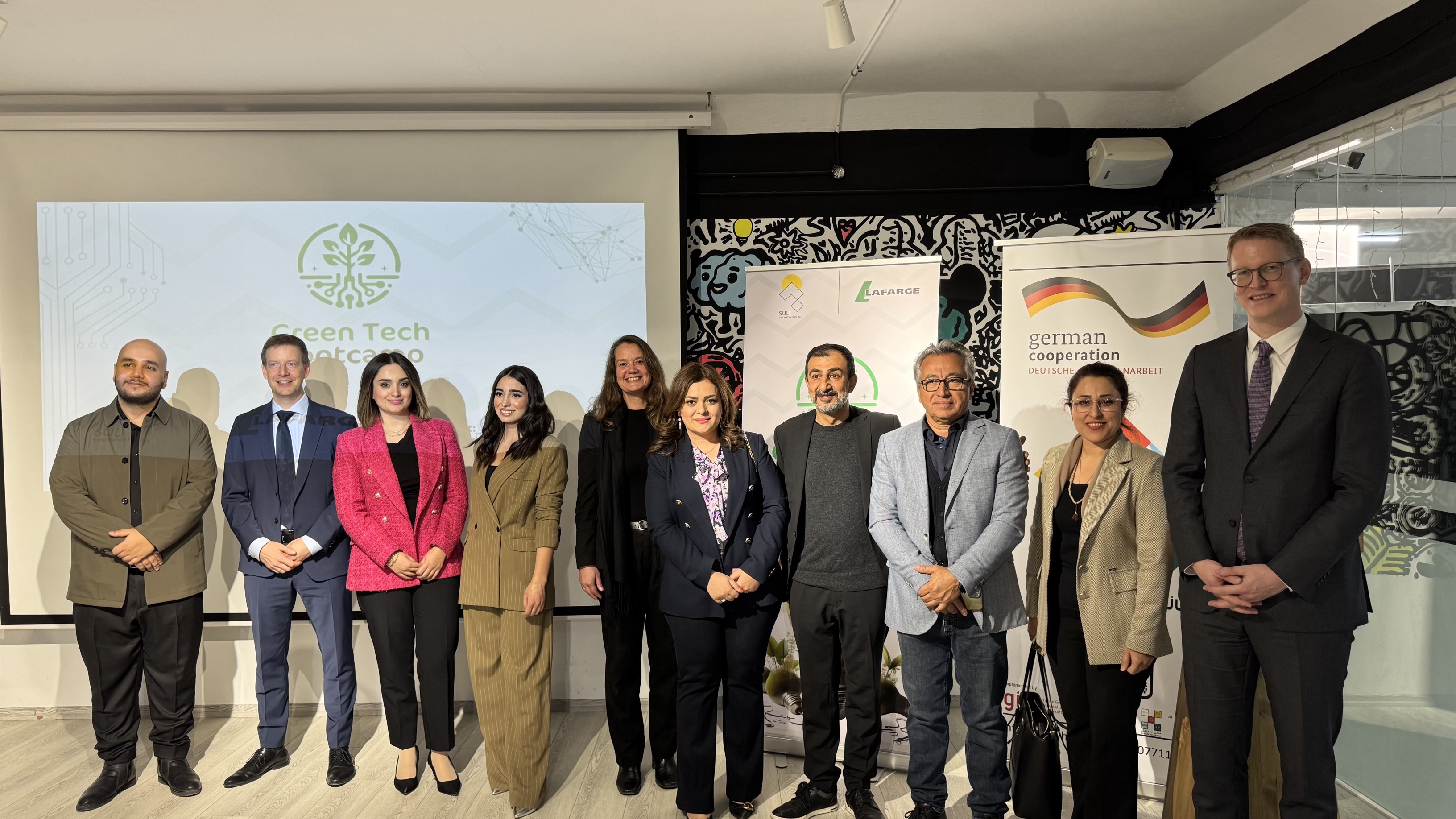
MEED Foundation Participates in Green Tech Boot Camp Demo Day
MEED Foundation attended the Green Tech Boot Camp Demo Day at Suli Innovation House, where 11 innovative projects were showcased. The event highlighted the hard work and creativity of aspiring entrepreneurs and innovators in the green technology sector.
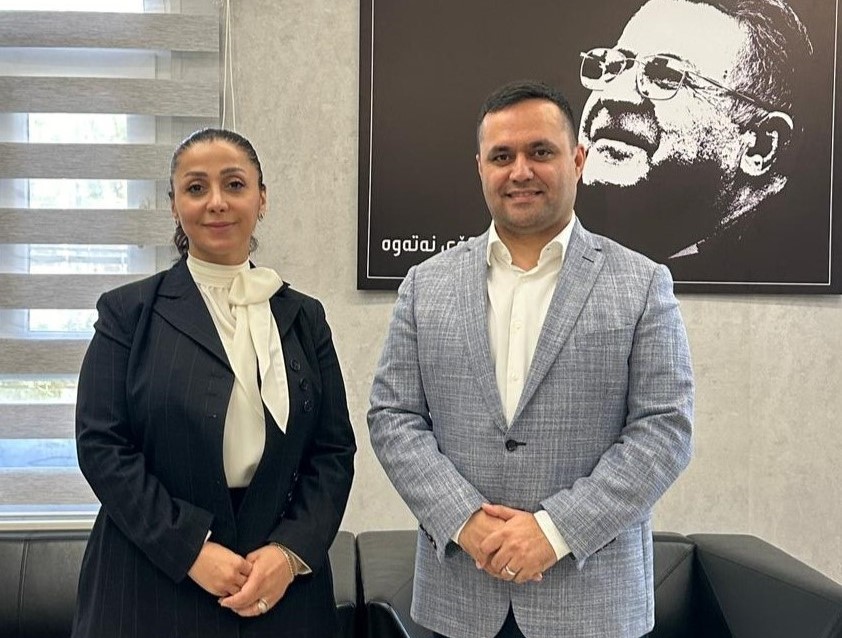
MEED Foundation and Sulaymaniyah Tourism Sign MUO
MEED Foundation has signed an important agreement with the Sulaymaniyah General Directorate of Tourism to elevate the information capacity of Sulaymaniyah’s tourism sector.
MEED Foundation © Copyright 2024